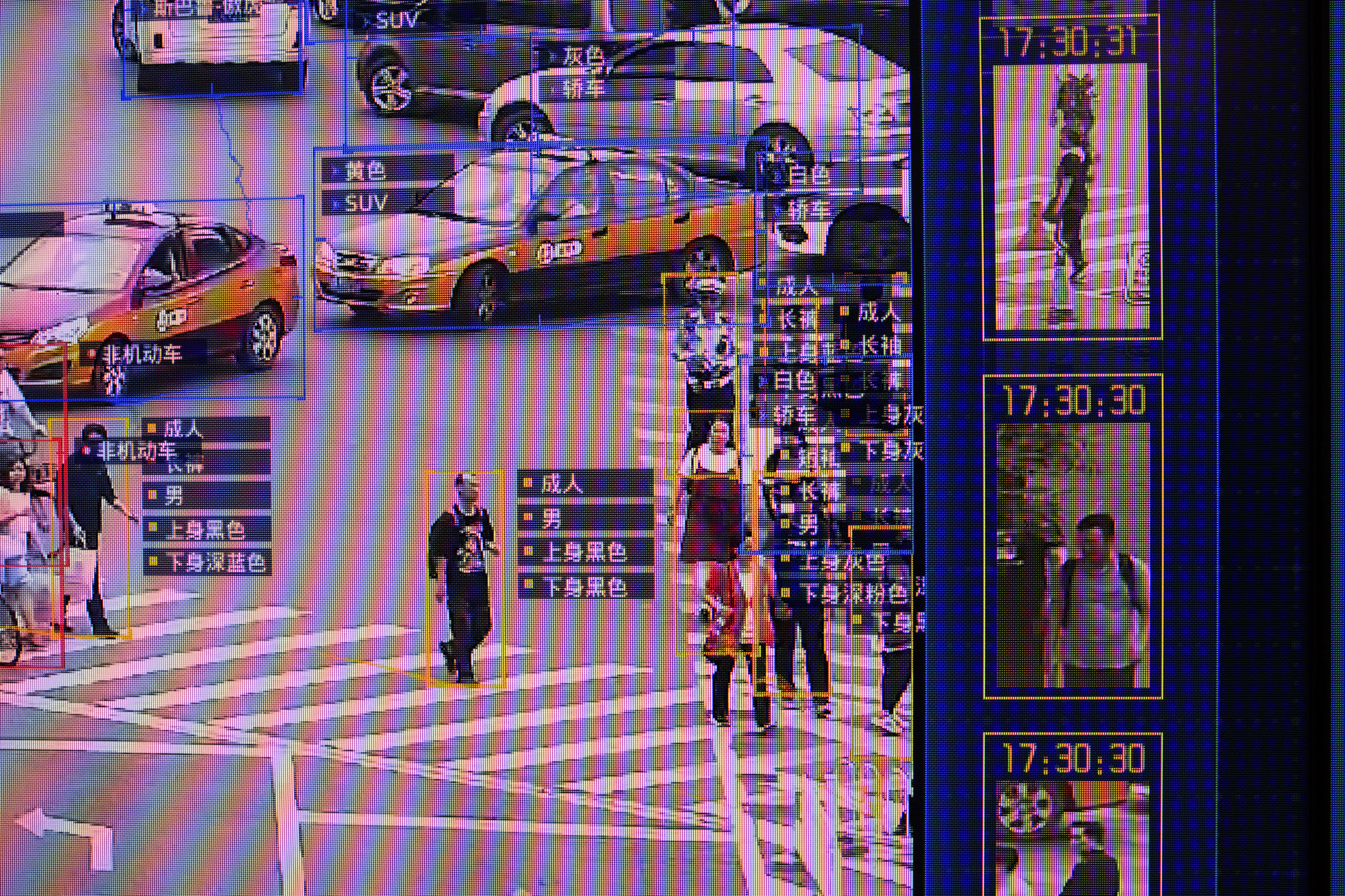China's pursuit of domestic and regional AI hegemony will have consequential impacts on the Chinese Communist Party and President's Xi Jinping's consolidation of power, the promotion of social stability in China and China's efforts to leapfrog its economic development. The long-term objective of Beijing's AI pursuit is to allow the CCP leadership to achieve its twin goals of realizing "socialist modernization" by 2035, and to "build a modern socialist country that is strong, prosperous, democratic, culturally advanced and harmonious" by 2049.
At the same time, China's AI hegemony is a strategy to migrate the axis of U.S.-China competition to the technological realm, where China's size and its "Chinanet" system — a closed digital system with AI capabilities — can give it asymmetric comparative advantages. If this strategy is successfully executed, China will reshape global trade and further secure its core interests.
China is accumulating vast amounts of metadata from its 1.4 billion citizens to develop, refine and deploy its AI systems. Kai-Fu Lee, author of "AI Superpowers: China, Silicon Valley, and the New World Order," describes this data abundance with the analogy, "If data were petroleum in the artificial intelligence era, then China would be Saudi Arabia."

















With your current subscription plan you can comment on stories. However, before writing your first comment, please create a display name in the Profile section of your subscriber account page.